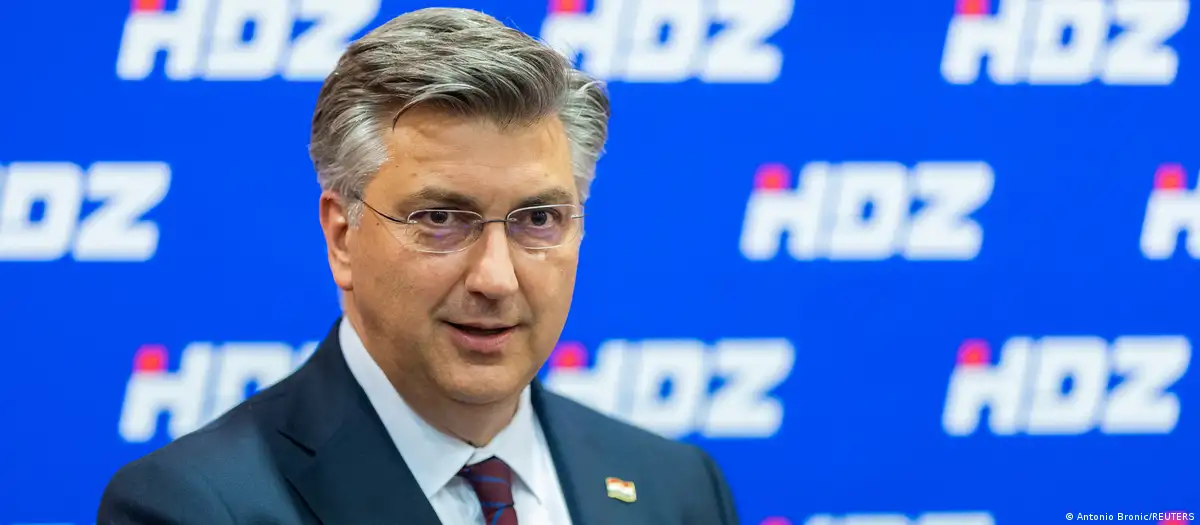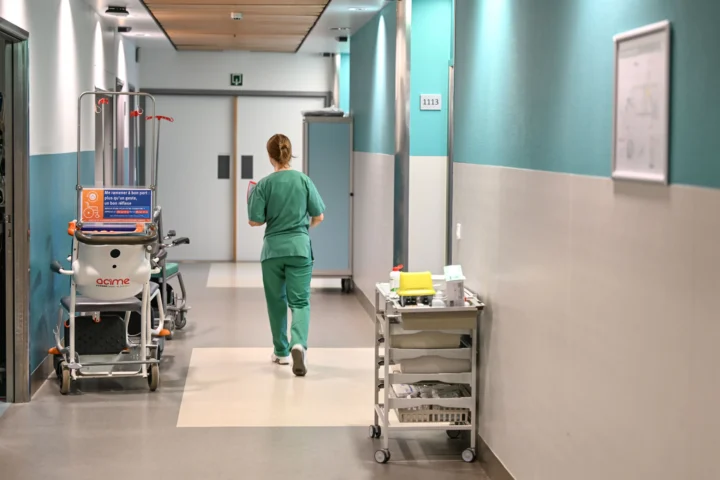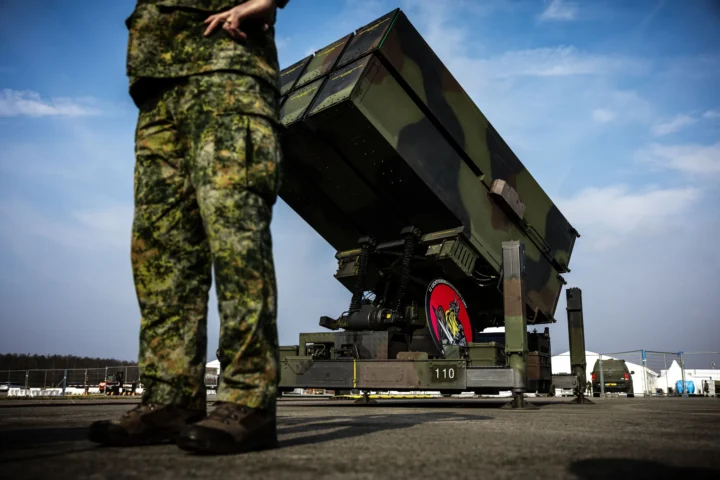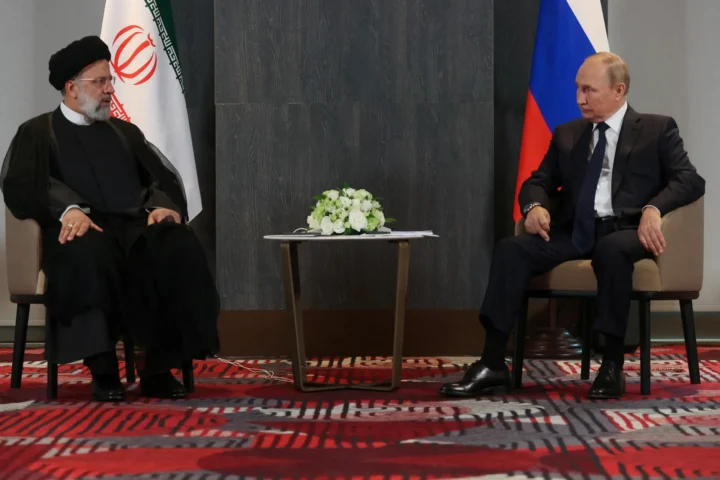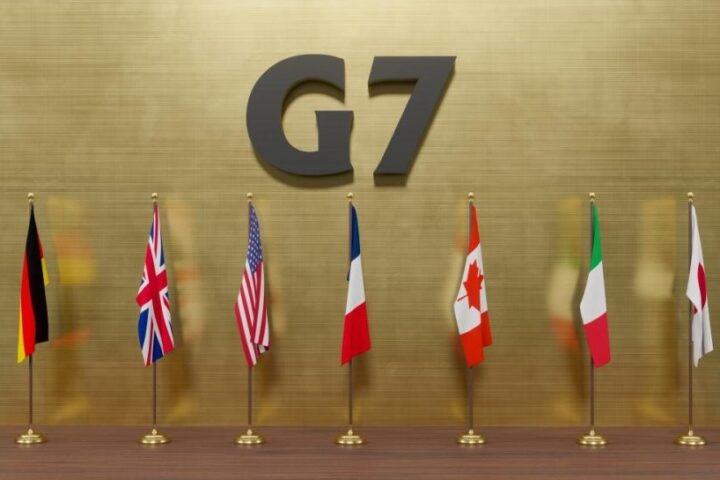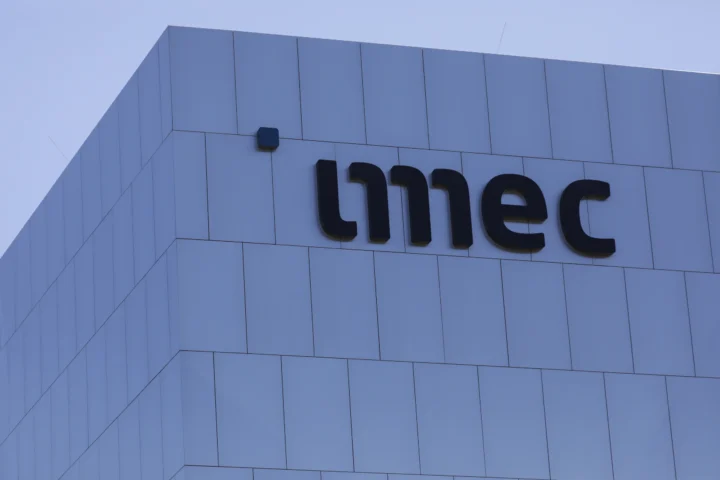Croatia’s ruling HDZ conservative party won the most seats but fell short of a parliamentary majority needed to rule without forming a coalition with other parties.
Croatia’s ruling conservative Croatian Democratic Union (HDZ) won the country’s parliamentary elections on Wednesday with 60 seats — six fewer than in 2020 and not enough to form a majority in the 151-seat assembly.
With results officially confirmed from over 90% of polling stations, incumbent Prime Minister Andrej Plenkovic will now enter potentially tough coalition talks to form a majority.
“The HDZ has for the third [consecutive] time convincingly won a parliamentary election,” Plenkovic told his supporters in the capital, Zagreb, in the early hours of Thursday morning, saying that coalition talks will start immediately.
A center-left coalition led by the Social Democrats (SDP) came in second with 42 seats, a result which SDP leader Pedja Grbin admitted wasn’t what the party had been hoping for but which “showed that … people want a change.”
He insisted that “it’s not over” and that “days, weeks and perhaps months of talks are ahead of us and they will result in the change that will make Croatia a better place.”
The right-wing nationalist Homeland Movement was third with 14 seats and could become a kingmaker in coalition talks. Another ultra-conservative party won 11 seats while a green-left party won 10 seats.
“It will be a very difficult negotiating process” to form a new government, political analyst Tihomir Cipek told Nova TV.
Election turnout was back up to 60%, compared with just 47% during the 2020 vote.
What issues were at stake?
The elections came as Croatia battles corruption, labor shortages, undocumented migration and the highest inflation rate in the Eurozone, which it only joined last year.
The Balkan nation remains one of the poorest in the European Union(EU) with an average monthly wage of just €1,240 ($1,345).
The campaign saw Prime Minister Plenkovic challenged by Zoran Milanovic, Croatia’s president who broke with convention to campaign on behalf of the SDP.

Milanovic dubbed Plenkovic the “godfather of crime,” highlighting the recent appointment of the country’s new chief prosecutor, a judge with alleged ties to corruption suspects.
Plenkovic — who has served as premier since 2016 — accused his rival of being a “coward” and of violating the constitution by not resigning as president in order to stand for election, as the country’s top court had ordered him to do.
He has also repeatedly accused Milanovic of being “pro-Russian” due to his criticism of EU backing for Ukraine and his opposition to training Ukrainian soldiers in Croatia, which is a NATO member.
Milanovic, who served as prime minister from 2011 to 2016, has condemned Russia’s war on Ukraine but has argued that he is protecting Croatian interests by preventing the country from being “dragged into war.”
